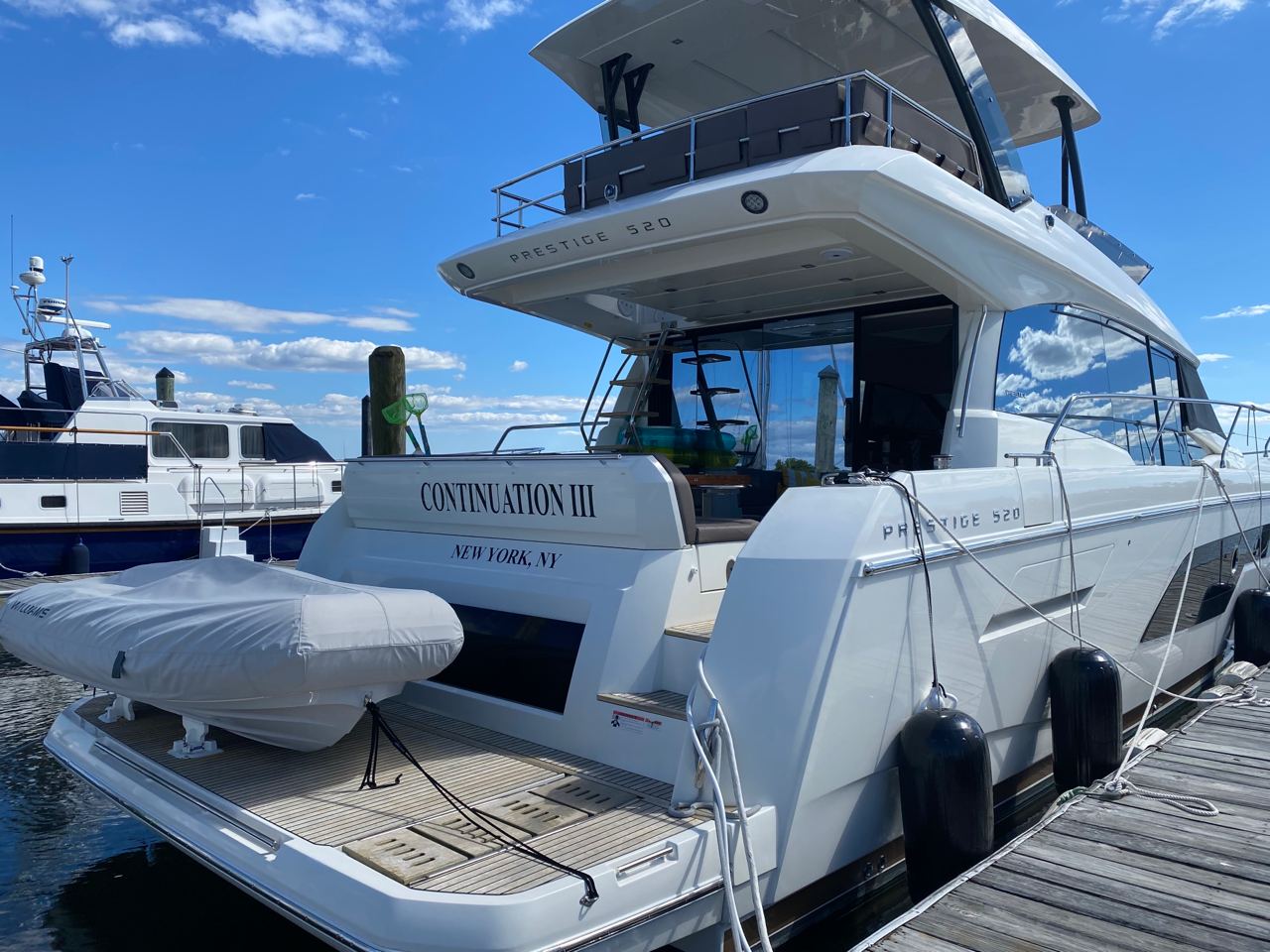
After spending most of his life near the water, yachting enthusiast Juan Monteverde has seen his share of accidents, mishaps, spills, and incidents.
He's gone from spending his childhood around sailboats, learning to navigate all the moving parts that require strength and spatial awareness, to owning faster-moving powerboats in his adult life.
Along the way, he's picked up tips to keep you safe when you're on the water.
Rule 1: Be ready
Although it may sound basic, Juan Monteverde emphasized how preparing for an accident is often the best prevention.
"The most important rule of boating safety is to just be prepared," he said. "Make sure you have safety equipment like life jackets, a fire extinguisher, first-aid kits, and flares. That way you keep a slight problem from becoming a catastrophe. Simply going through that checklist every time you step aboard can put you in the right frame of mind."
Rule 2: Learn to drive
Before you push the throttle to the limit, make sure you have a solid grasp of how your boat handles.
"A mistake I've seen happen way too many times is not knowing how to drive, as basic as that sounds. If you're operating a new boat, whether it's a vessel you've just bought or one that you're renting, you need to spend a bit of time getting a feel for how it moves in the water," Monteverde said. "Don't let your ego get in the way. Take the time to practice. That way, not only are you safe, but you're less likely to cause someone else to wreck getting out of your way."
Rule 3: Keep your head in the game
The U.S. Coast Guard counted 5,256 accidents in 2020, but the real number is far higher because many mishaps don't get reported. The No. 1 reason most accidents happen, the agency reported, is a lack of paying attention.
"People get on the water to relax, to enjoy nature, to be with family. And all of those can be distractions," Juan Monteverde said. "The truth is you need to keep one eye out all the time. It starts before you leave. You need to know the weather, understand the waters you're going to be on, and know when the sun is going to set. If you have all of that information, you're far less likely to end up in trouble."
Rule 4: Bigger is safer
Sometimes unforeseen events occur. Juan Monteverde's last rule was born from experience.
"I remember it so clearly. My son had just been born, and we were going to spend some time in Martha's Vineyard. We left on a beautiful day in July and, within two hours, we got caught in a thunderstorm," he said. "We decided to beach the boat. The year before, we'd bought our first boat, and it was this 26-foot powerboat. I was scared of damaging it, so I went too slow. The waves sent us sideways, and we got caught on a sandbar."
He hopped into the water, hoping to manually push the boat free. Unfortunately, he didn't have the strength. He called to his wife to put the engine in reverse and try to back the boat off the sandbar. There was just one problem: the choppy water had obscured his view, and he didn't realize the line had become caught on his leg.
"When she reversed the boat, the line that was caught on my leg got wound in the propeller and, within a split second, I got dragged under the boat," he said. "Luckily, there was enough line that it actually got tied on the propeller, so the propeller shut off. Otherwise, I would've probably lost my leg. I had to release the line so I didn't drown. But in the process, I broke three fingers, three ribs, and one knee. I ended up hospitalized for five days. It was real bad."
For many hobbyists, a few broken bones can be enough to end their devotion, but not Juan Monteverde. For him, there was never a choice. Boating was a way of life, and he had to get back into the water.
He did, however, make a change.
"That accident taught me a big lesson, which is I needed a bigger boat," he said. "The next year I bought a 40-foot yacht. I made a big jump because I knew that bigger would be the safer bet. In fact, the whole experience helped me see things more clearly. I knew that I wanted to keep boating; it was just too important to me and my family. But I realized I needed to be even more careful. So, I'd had an accident, but I wanted to keep going. That's what led to the name of my boat, which is Continuation, because life goes on."









